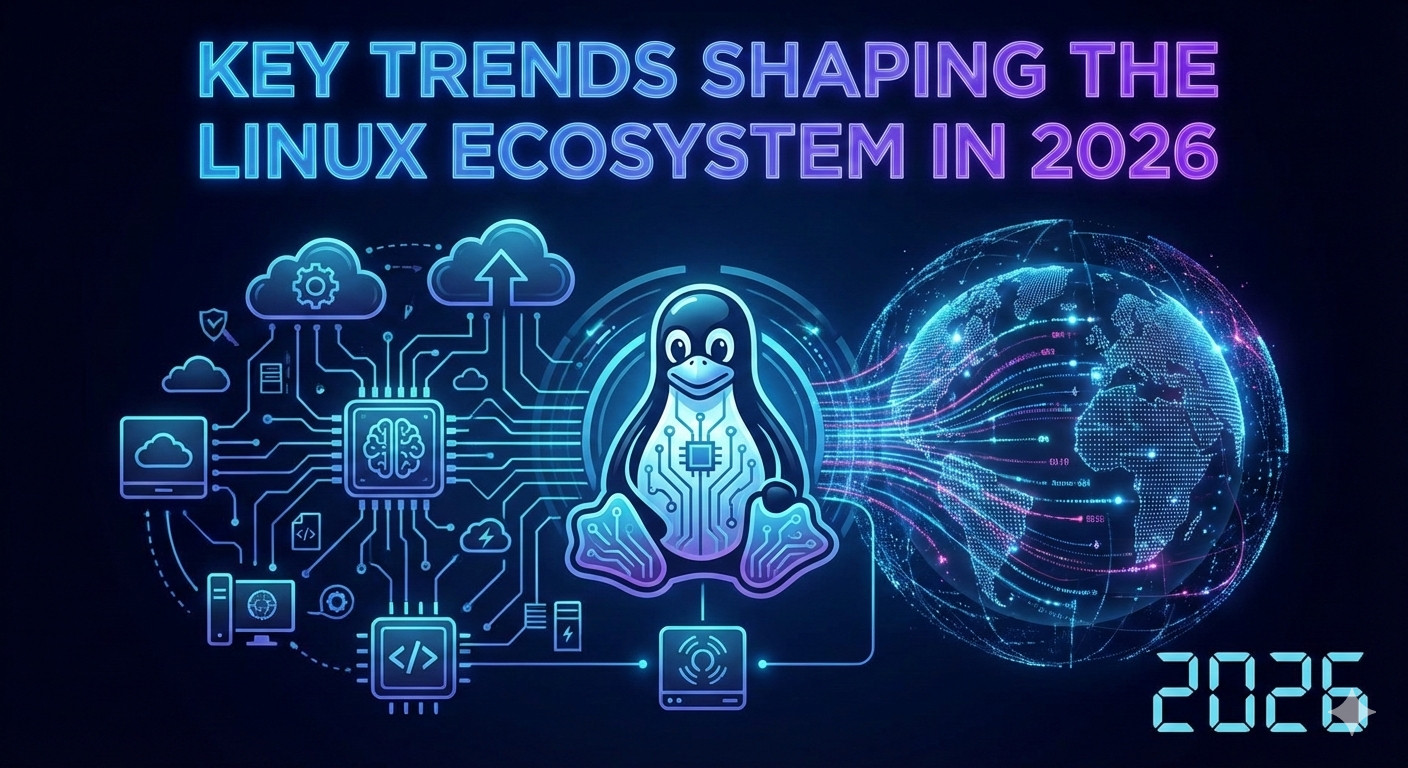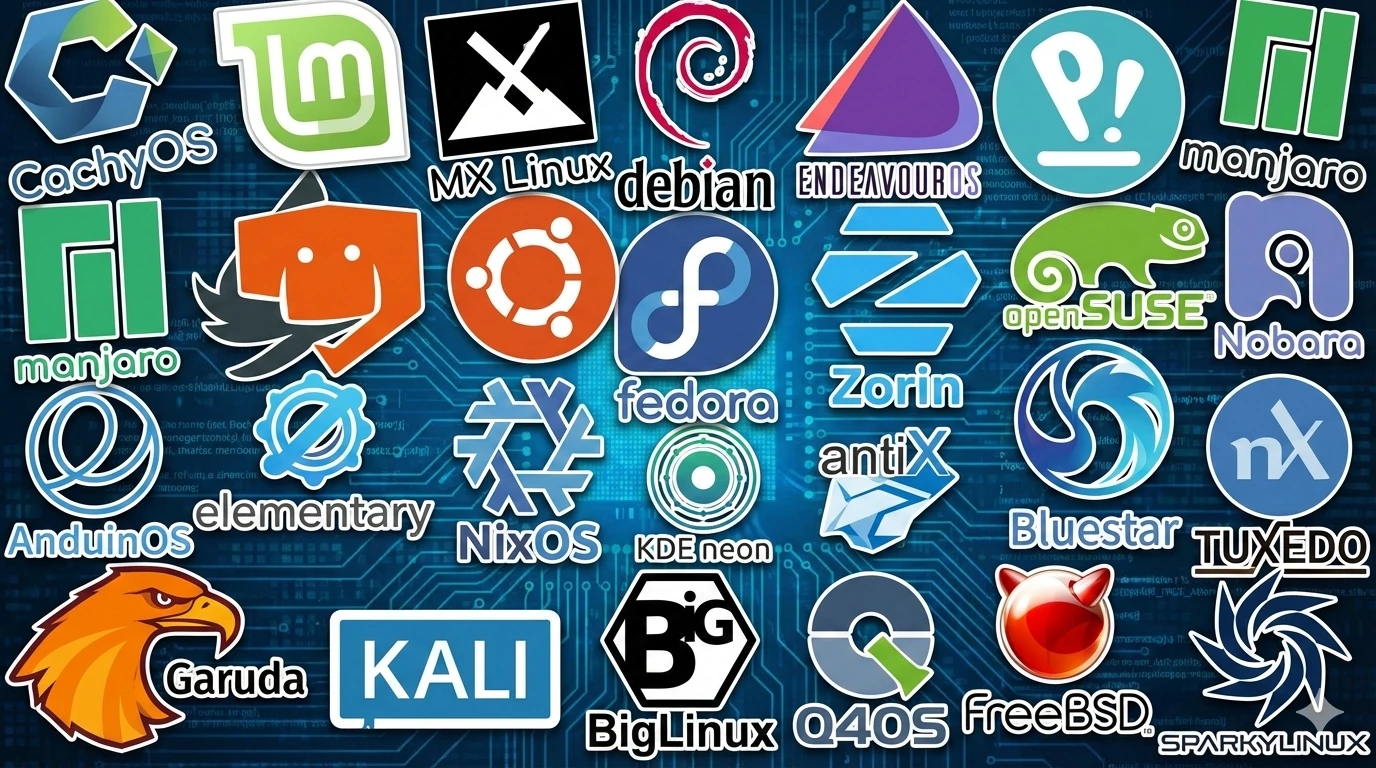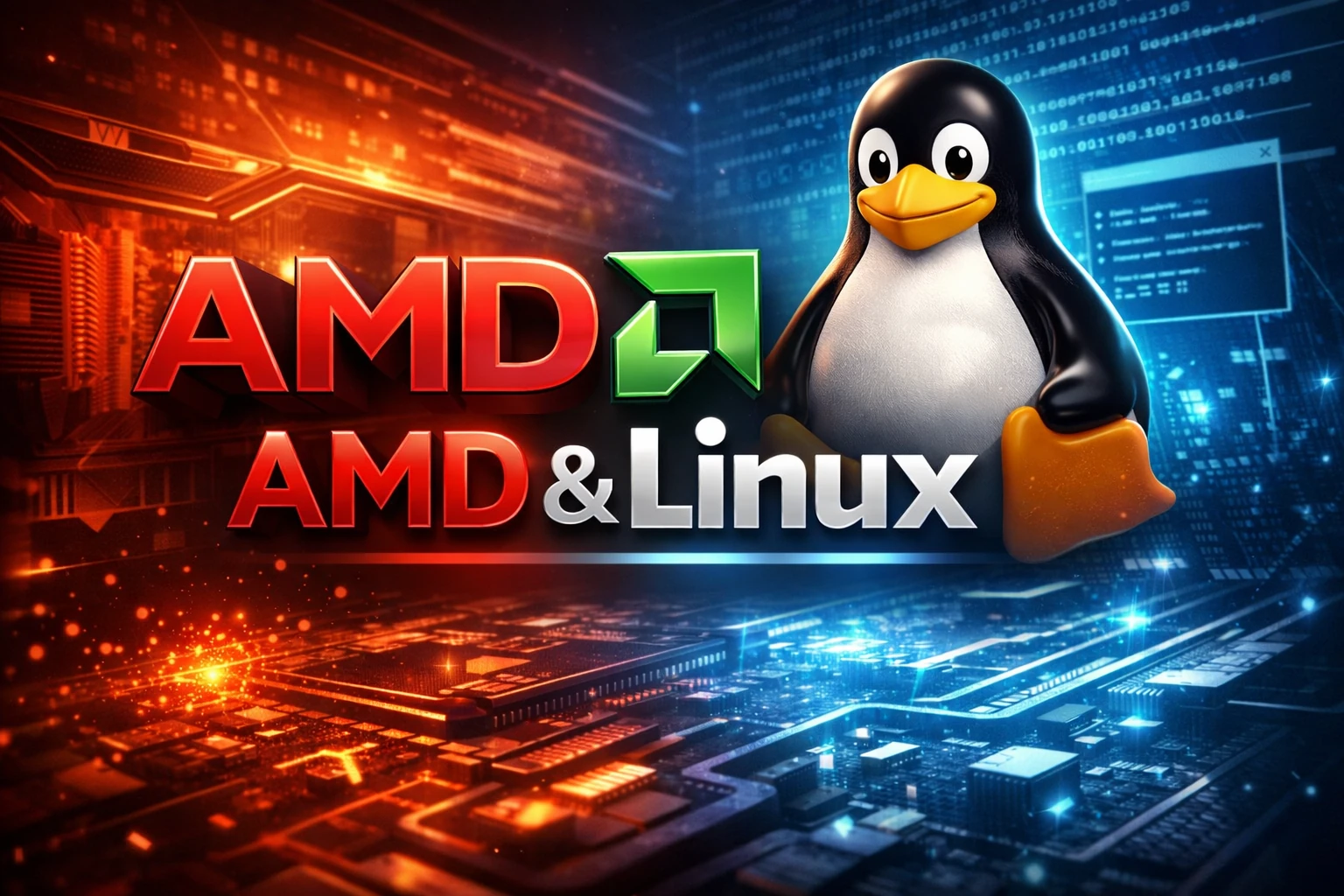ReactOS has long captured the imagination of the open-source community by aiming for a seemingly impossible goal: to create a fully compatible, open-source replacement for Microsoft Windows. While many Linux distributions offer compatibility layers like Wine, ReactOS takes a more ambitious path—building a Windows NT-compatible OS from the ground up.
As we step into 2025, ReactOS is continuing to evolve steadily. Although still in alpha development, the latest updates and community activity show a committed project making real technical progress. Let’s explore what ReactOS is today, where it stands in 2025, and what’s new on the horizon.
What is ReactOS?
ReactOS is a free and open-source operating system that strives to be binary-compatible with applications and drivers designed for Windows Server 2003 and later versions. Unlike emulation or compatibility layers, ReactOS implements its own NT kernel, registry, and system components. The result is a native OS that can theoretically run Windows software and drivers without needing Windows itself.
It’s not based on Linux or Unix—ReactOS is its own kernel, written mostly in C, and it aims for architectural compatibility at a deep level.
🛠️ The Current State in 2025
While ReactOS is still labeled alpha, it is far from stagnant. The development team continues to deliver monthly builds, bug fixes, and core infrastructure upgrades.
Key highlights of the 2025 development roadmap:
🔹 Better Application Compatibility
One of the most noticeable improvements is in application support. Many commonly used Windows applications now start or even fully run on the latest ReactOS builds, including:
- Office suites like LibreOffice (Windows version)
- Media players like VLC
- Lightweight games and utilities
- Installers created with NSIS and Inno Setup
While not every application runs flawlessly, the stability and reliability are improving release by release.
🔹 Enhanced USB and Filesystem Support
The ReactOS kernel has seen several updates related to USB device handling, mass storage, and filesystem support. Work on FAT32, NTFS (read-only), and ext2 continues to evolve, allowing the system to interact more safely and efficiently with modern drives and flash media.
Improved plug-and-play behavior has also been noted, with better detection of connected USB devices and fewer crashes during runtime.
🔹 Wine Synchronization
ReactOS regularly syncs with the Wine project to reuse and improve key libraries such as:
user32.dllcomdlg32.dllole32.dll
This synergy allows ReactOS to leverage Wine’s vast Windows compatibility experience, giving the OS a better application layer while focusing its own developers on kernel and driver infrastructure.
🔹 Graphical Improvements
The user interface has received several small but impactful updates:
- Better theme support
- Native rendering improvements
- Clearer font rendering
- Improved UI scaling for high-resolution displays
While ReactOS does not aim to replicate the aesthetics of modern Windows 11 or even 10, it remains visually familiar to users of Windows XP/2003, offering a lightweight and recognizable experience.
📦 What’s New in Recent Builds?
The most recent ReactOS builds released in early 2025 include:
- A rewritten kernel mode memory manager, increasing performance and reducing instability
- Fixes for paging file behavior during low memory situations
- Updates to FreeLoader, the ReactOS bootloader, improving boot times and hardware detection
- Improved compatibility with Windows-based installers
- Enhanced support for running on virtualization platforms like VirtualBox and VMware
The development logs also reflect ongoing work on x64 support, though 64-bit builds are still experimental.
Use Cases of ReactOSin 2025
ReactOS is not yet ready for critical production environments, but it’s becoming increasingly useful for:
- Legacy software testing
- Educational environments (OS architecture, NT kernel studies)
- Running simple Windows programs in a lightweight, open-source setup
- Historical software preservation and emulation
It boots fast, uses minimal resources, and offers a nostalgic yet functional Windows-style experience without requiring a license.
⚠️ Limitations to Keep in Mind
Despite the progress, ReactOS is still alpha-quality software, and users should expect bugs, missing features, and occasional system crashes. It’s recommended to use ReactOS in virtual machines or test environments, not on mission-critical hardware.
🔮 The Road Ahead
The ReactOS team continues to focus on:
- Stabilizing the NT kernel
- Enhancing driver compatibility
- Integrating more components from Wine
- Modernizing the codebase to prepare for x64 support
- Building a sustainable ecosystem of testers and contributors
Although progress is gradual, the project remains active, well-documented, and open to contributors from around the world.
Summary
In 2025, ReactOS remains one of the most ambitious projects in the open-source world. Its mission to create a free, Windows-compatible operating system is slowly but steadily becoming reality. For users, developers, and enthusiasts who want to explore the mechanics of Windows—or just run a few familiar applications without Microsoft—ReactOS offers an exciting and evolving platform.
🔽 Download:
You can download the latest ReactOS ISO image from the official website.
Top Irish Linux Distros in 2026
When people say “Irish Linux distros”, they usually mean systems that are developed or headquartered…
Key Trends Shaping the Linux in 2026
As we navigate the midpoint of the 2020s, the Linux ecosystem, long the bedrock of enterprise comput…
The 25 Most Popular Linux Distributions of 2025: A Complete Guide
*An expert overview of the top-ranked Linux distros based on DistroWatch’s latest 12-month ran…
Linux Kernel 6.19 Brings Major Performance Gains for AMD GPUs
The upcoming Linux kernel 6.19 release is shaping up to be very good news for users running AMD grap…
Is Gentoo Linux user friendly enough once it’s fully set?
Short answer: once Gentoo Linux is installed and configured, it can be perfectly “user-friendly” to …
10 Emerging Linux Distros to Watch in 2026
In the Linux ecosystem, gravity tends to pull us toward the giants—Ubuntu, Fedora, or Mint. But if 2…





